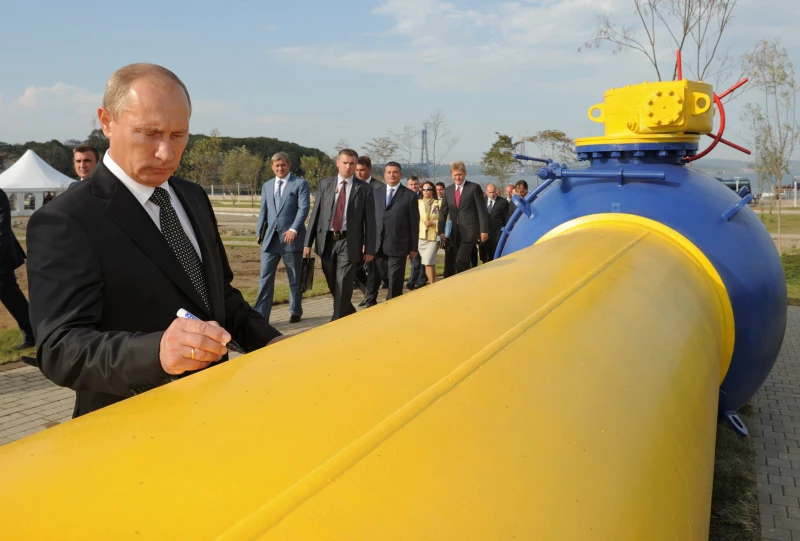An increase in the price of diesel fuel due to the new sanctions of the European Union against Russia will impact Ecuador, which imports 76% of the diesel it uses.
The decision of the European Union (EU) to ban the import of Russian diesel has economic implications for Ecuador.
The ban is one more chapter in the Western sanctions against Russia for the invasion of Ukraine—it’s hoped that the sum of the sanctions will financially stifle the Kremlin’s ability to extend the war.
This new measure, in force since February 5, 2023, has led to the bloc increasing its demand for diesel fuel from other markets, pushing up the price of these products.
Until the ban, 40% of the European Union’s diesel imports came from the Russian market.
Another factor that will push fuel prices up is the expectation of a recovery in fuel demand in China.
Financial markets had originally anticipated that diesel prices would begin to fall starting in March, when the winter season ends in the northern hemisphere. But the European Union’s sanctions on Russia have changed that scenario, says José Orellana, a business adviser.
In an attempt to prevent an uncontrolled rise in diesel prices, the G7 countries and the European Union agreed to set a cap price of $100 for a barrel of Russian diesel.
The positive
There is a positive side to the ripple effects of the EU’s ban on Russian diesel.
Initially, Ecuador expected oil revenues of $3.704 billion in 2023. Compared to the previous year, this was an increase of 37%. The projection was based on a higher oil price and an increase in oil production of 40,000 barrels per day.
But the current scenario in the energy market—i.e., the ban on Russian fuel—may boost the price of WTI oil (the reference price for Ecuador oil), which may lead to even higher increases in oil revenue for the Central Government.
An onerous bill
On the flip side, Ecuador had calculated that it would spend $7.347 billion in 2023 on fuel imports; 56% of that budget corresponds to diesel purchases.
However, with the current scenario, this budget will need to rise, as will spending on fuel subsidies, adds Orellana. Between January and November 2022, subsidies for imported fuels accounted for $3.139 billion of the General State Budget.
Not only will the price of diesel affect higher spending on fuel imports, it will also cause a higher demand from the electricity sector, at a time when climate conditions have reduced Ecuador’s ability to produce electricity.
The current dry season, which will last thru March 2023, reduced the hydroelectric generation of the country’s eight main plants (located in the eastern basin) by 42%.
Because of this drop in hydroelectric activity, the use of diesel fuel in the electricity sector doubled, going from 270,455 barrels in 2021 to 540,466 barrels last year, which increased the import of this product.
The big question then in 2023, will be whether the increase in WTI price of oil will offset the expense the government will have to face for generating electricity.


0 Comments